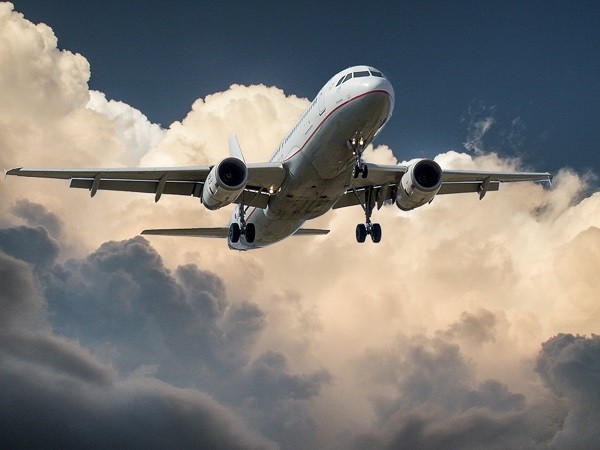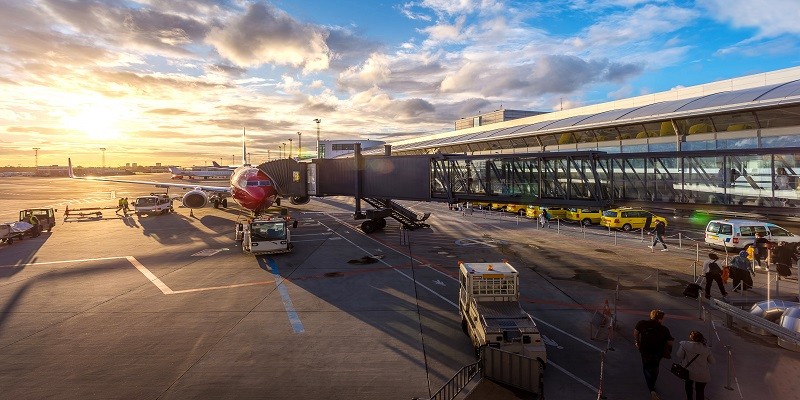Last Updated on December 22, 2022
Are you planning a trip abroad and wondering what you can bring on the plane? Regarding international flights, certain items are allowed, and some aren’t. To help you understand the basics of what is and isn’t accepted on flights, here is a short overview of the legally accepted things on international flights.
Tobacco
Carrying tobacco products on international flights can be a confusing endeavor. Depending on your destination, the regulations regarding carrying tobacco can vary greatly, and it is essential to research before any flight. Generally speaking, many international airlines will allow you to bring legally purchased tobacco in your carry-on baggage with certain limits. For example, in the United States, packages of cigarettes and loose tobacco must be declared at customs after a specific quantity is reached.
It is also important to note that most countries worldwide require you to declare all imported or exported goods upon arrival or to leave their country. Although laws may vary from airline to airline and from destination to destination, it is always best practice to assume you are never allowed to carry excessive amounts of these products as they can be confiscated by customs if discovered without proper documentation.
CBD Vape Pens
With the vaping industry making waves, there has been an influx of different vaping substances, including oils and cartridges designed to deliver high doses of cannabidiol. Many vape users don’t know that traveling with these products – even for international flights – can be tricky. Unfortunately, different countries have different laws on Cannabis possession, which means some airlines may be more stringent than others.
In addition to country regulations, TSA has taken a stand against any CBD-related product which can cause complications when attempting to travel with them. Those wishing to carry their CBD vape pens UK must research in advance to understand the regulations. Fortunately, many airports offer alternative options if plans fall through at security checkpoints. It remains vital to stay informed and take precautionary measures regarding cannabis possession and international air travel.
Liquids in Carry-on Luggage
When packing your carry-on luggage, all liquids must be in containers no larger than 3.4 ounces or 100 milliliters. Some exceptions include medication, baby formula or food, breast milk, or juices for medical purposes. These containers must fit together in a one-quart clear plastic bag, which will need to be removed from your carry-on for inspection at security checkpoints.
Alcoholic Beverages
Alcoholic beverages are allowed in checked baggage as long as they follow the airline’s regulations regarding how much alcohol is permissible in each container. Generally, alcoholic beverages under 140 proof (70% ABV) may be packed in checked luggage but keep in mind that individual airlines may have additional restrictions. It is best to check with your airline before packing any alcoholic beverages to ensure they meet their policy requirements.
Cigarettes
On international commercial flights, the answer to whether or not you can smoke cigarettes is generally “NO.” The vast majority of airliners follow the same lead set by many countries and their national airspace regulations, prohibiting smoking in flight. While some exceptions allow limited smoking on select flights, it is always best to check with the airline before flying to be sure. If a passenger does decide to disregard this rule on an international flight, they may be subject to fines and other penalties, which could detrimentally affect their ability to travel internationally again in the future. Understanding an airline’s cigarette policy before boarding a plane can save passengers from any potential issues that may arise should they violate this policy while in the air.
Electronic Devices
Most electronic devices such as laptops, tablets, and phones are allowed on board an international flight but keep in mind that many countries have personal device import laws, so it’s essential to check if there are any restrictions before traveling abroad with any electronic device. Additionally, some airlines require passengers to remove their laptops from their carry-on luggage during security screenings, so it’s best to pack these items separately if possible.
Nicotine strips
Nicotine strips are a convenient and discreet way to satisfy cravings while traveling. However, they are not allowed on international flights due to their classification as a form of Nicotine Replacement Therapy (NRT). Nicotine strips contain varying amounts of nicotine and can be used instead of cigarettes or chewing gum to reduce cravings. Travelers should know that any NRT product, including nicotine strips, may be restricted on international flights. It’s best to check with an airline before flying to see if they permit nicotine strips on board. Although these restrictions can inconvenience those trying to improve their smoking habits during travel, security measures are in place to maintain safety precautions on international flights.
Read about the laws and rules of the airline

If you are planning to take an international flight, it is a good idea to read up on the laws and rules of the airline beforehand. Reading about the laws and regulations of TSA in advance will enable you to come prepared with whatever documentation might be needed before boarding a plane. Knowing what items can and cannot be taken onboard is critical for having a smooth, stress-free flight experience. There may be restrictions on the size of your bags or even the items inside them. It may be possible to bring along certain items that are usually not allowed under specific circumstances; for example, items for medical use may be exempt from typical luggage rules. Without such precautions, travelers could face delays or other frustrations at airports.
Conclusion
All passengers should also keep in mind that some countries have restrictions regarding items such as weapons and drugs, so it’s essential to research any item before packing it for your trip abroad. By understanding the basics of what is and isn’t accepted on international flights, buyers can save themselves time and hassle when preparing for their trip overseas that are legally accepted on international flights?







